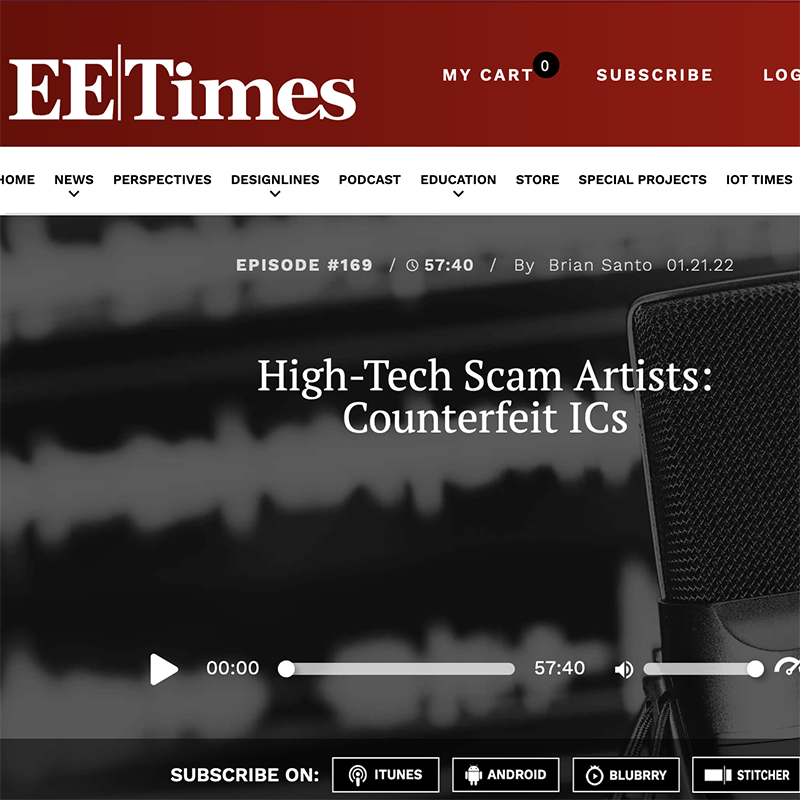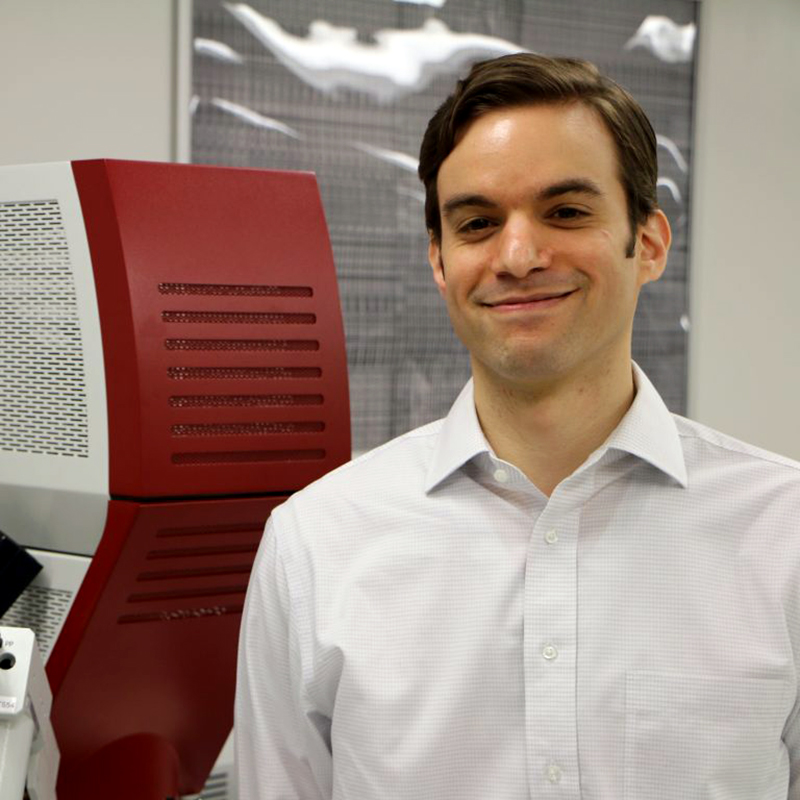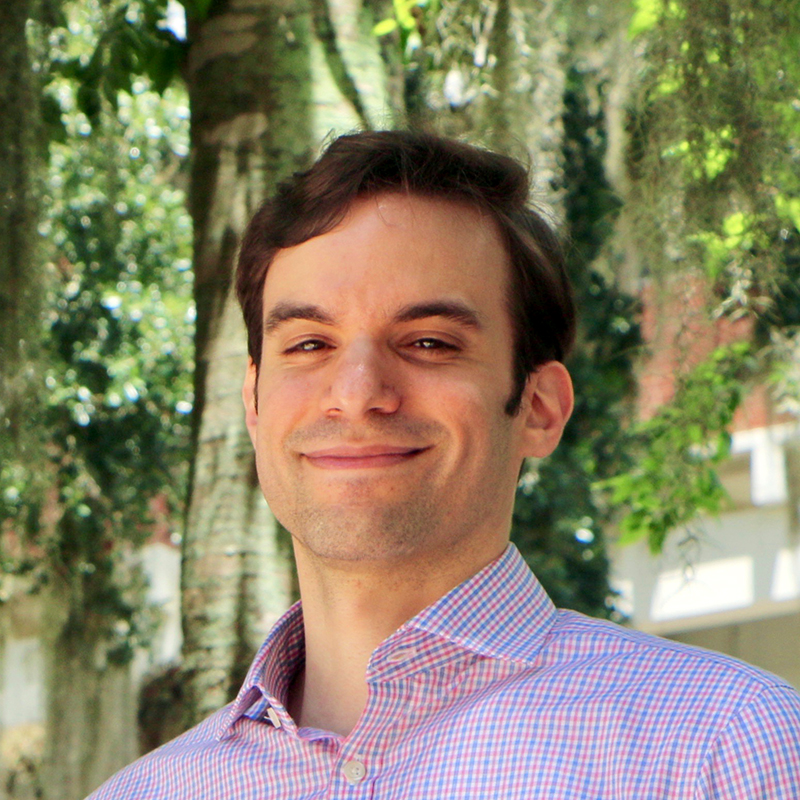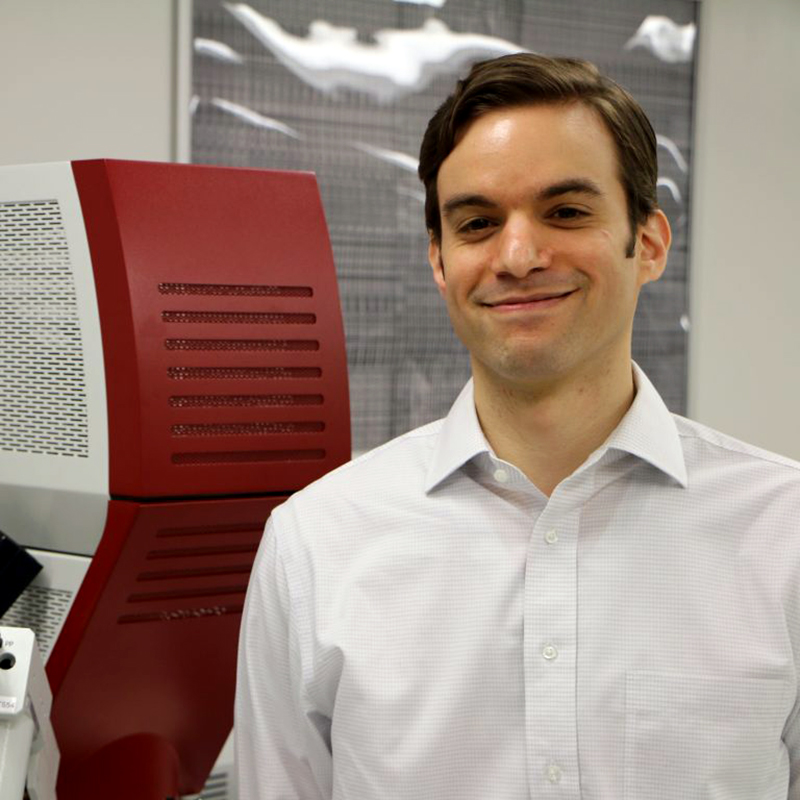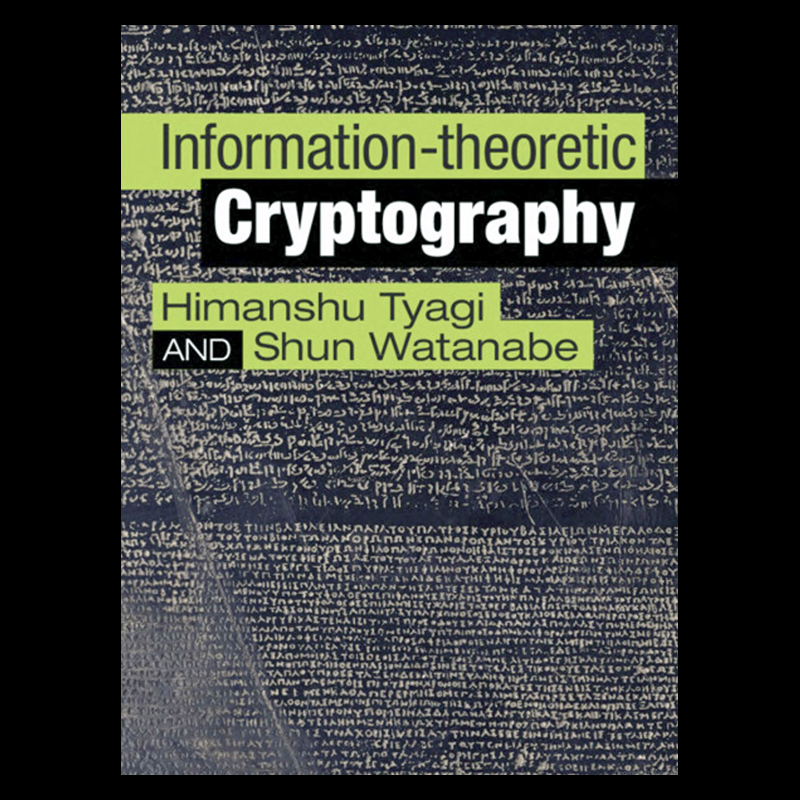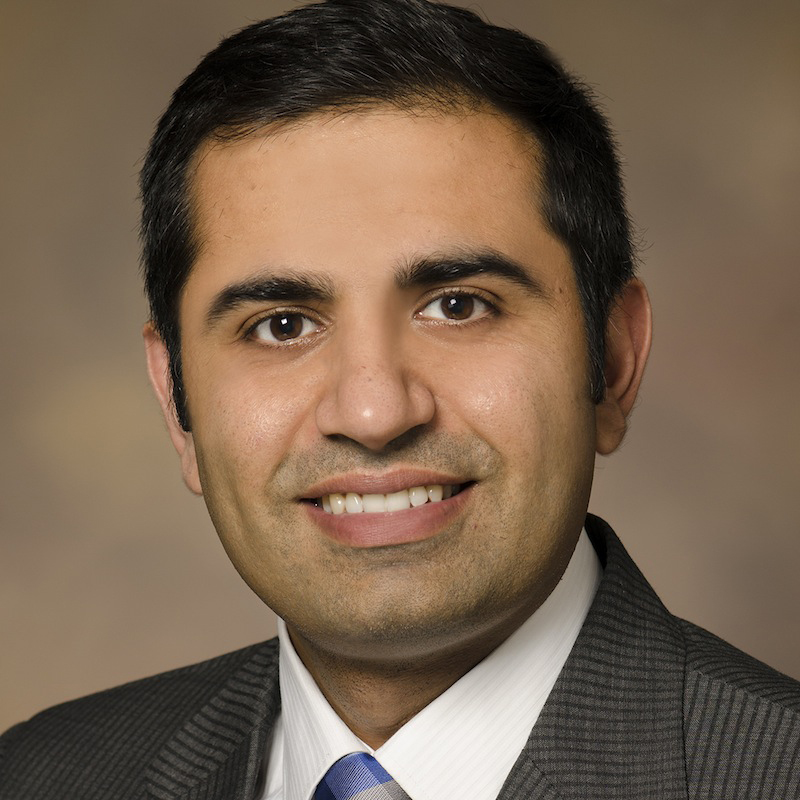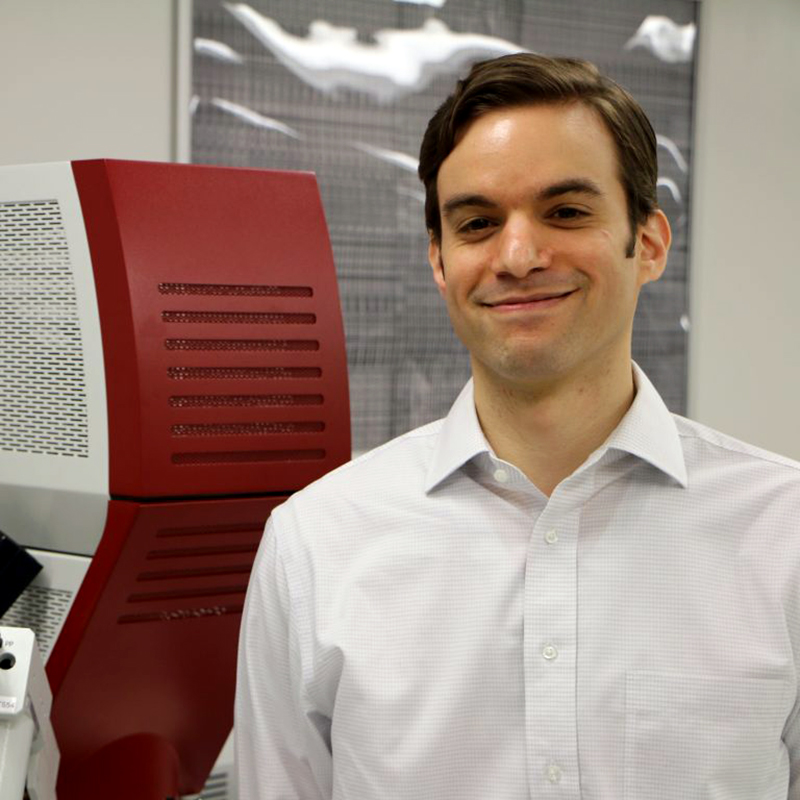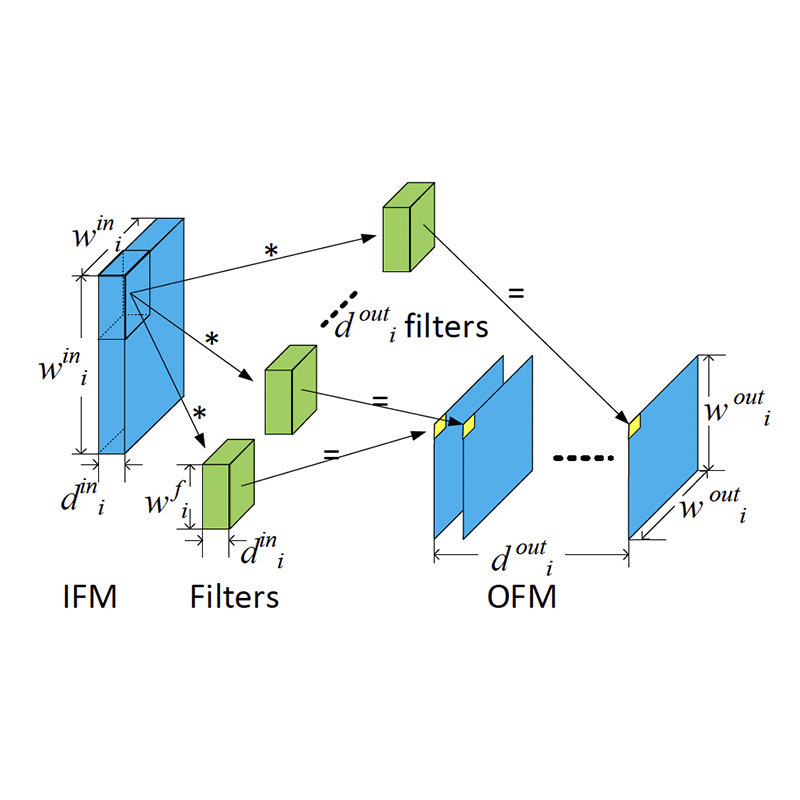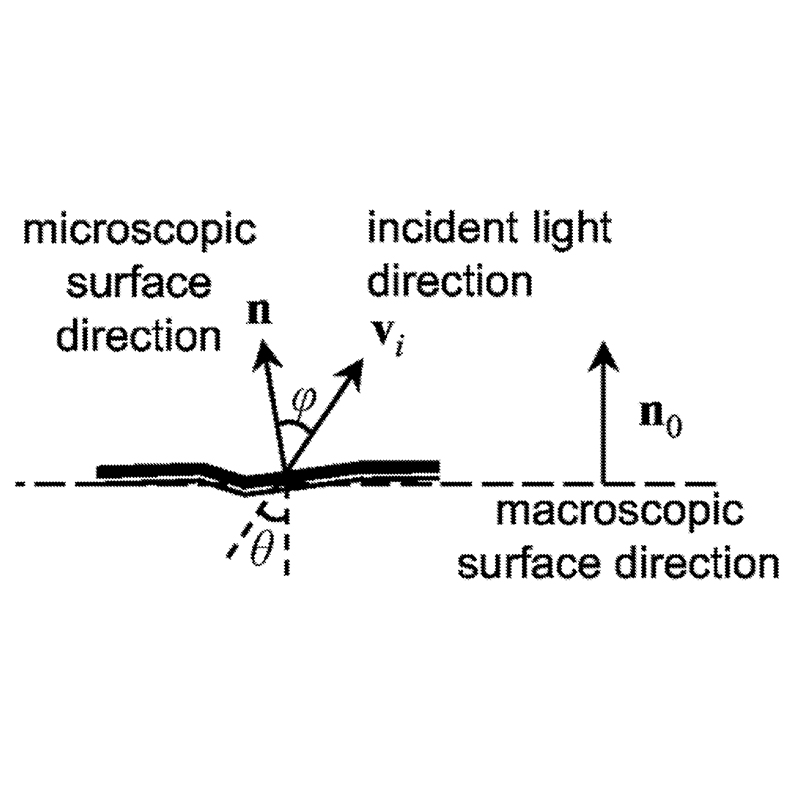News Story
Alum Domenic Forte receives $1M ECASE-Army cybersecurity award

Alumnus Domenic Forte Photo courtesy University of Florida.
The Army Research Office (ARO) has awarded alumnus Domenic Forte (CE Ph.D. 2013) $1 million to develop a "fingerprint" technology to secure electronic hardware systems.
The grant is part of an Army “bridge” program called ECASE-Army, which gives funding to winners of the Presidential Early Career Award for Science and Engineering (PECASE) who were selected between 2015 and 2018. The Army enacted the bridge program due to extended PECASE announcement delays.
Forte was selected for a PECASE award in 2017, nominated by Dr. Cliff X. Wang, Division Chief for the Computing Sciences Division at the Army Research Office (ARO).
The awards are the highest honor bestowed by ARO to outstanding scientists and engineers beginning their independent careers. They recognize researchers who pursue innovative research at the frontiers of science and technology and who also engage in scientific leadership, education, or community outreach.
Forte is an assistant professor in the Department of Electrical and Computer Engineering at the University of Florida, where he is a member of the Florida Institute for Cybersecurity Research. As a doctoral student at Maryland, he was advised by Professor Ankur Srivastava (ECE/ISR).
Forte’s research is titled, “SWIFT: A Signature-Enabled Wireless Infrastructure for Forensics, Tracking, and Locking of Electronic Systems.” His research group will develop technology to collect data from an electronic system that will give it a unique “fingerprint” for its working life. This will allow owners to track the system through logistics and the supply chain, lock it to prevent malicious vandalism in the supply chain and during deployment, and determine its path and location in the case of theft.
“It’s a great honor to receive this prestigious award from the Army, and I’d like to thank Dr. Cliff Wang for his unwavering support of my research,” Forte said. “I expect SWIFT to result in game-changing capabilities that enable the Army and Department of Defense to rapidly detect and prevent interdiction, theft and reverse engineering of their classified electronic systems.”
Forte’s research interests include hardware security, hardware Trojan detection and prevention, security of the electronics supply chain, reverse engineering and anti-reverse engineering. He is a co-author of the book Counterfeit Integrated Circuits—Detection and Avoidance and co-editor of Hardware Protection through Obfuscation.
—We would like to thank the University of Florida for this story.
Published May 20, 2019
